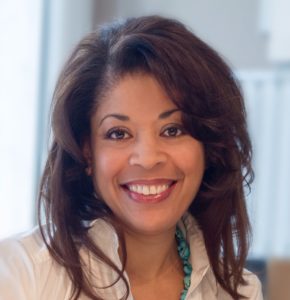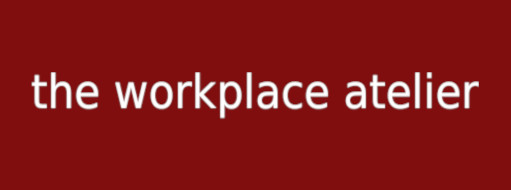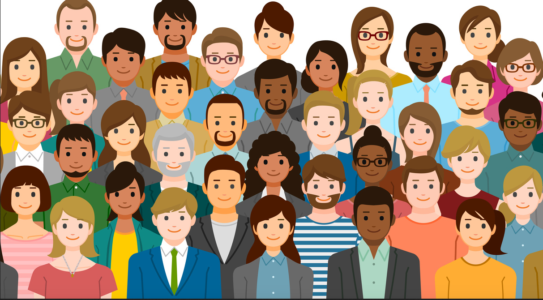The Covid pandemic has accelerated digitalization at work and strongly mirrored social inequalities among which are issues of racial justice as amplified by the #blacklifesmatter movement in the United States. The demonstrations have triggered ripples of discourse on systemic racial discrimination globally. This is because racial injustice is not specific to any one country. It defines global citizenship which in turn calls on each of us as individuals to challenge some of our own behavioral patterns and thinking. The harshly honest conversation on racism, which is now taking place, is long overdue in society and in organizations.
Organizations have spent many decades and lots of money paying lip service to diversity measures to mitigate imbalances in the demographic representation of their employees. The assumption is that once the demographic distribution is achieved, on the one hand the organization’s moral obligation regarding racial justice are fulfilled and on the other hand, the benefits of diversity such as access to markets and innovation will automatically be reaped. In organizations, the diversity agenda has mostly been patiently parked in or close to Human Resources. Diversity Advisors have been appointed, quota and number monitoring schemes developed coupled with the odd talent outreach initiative or training program. The current hype on “unconscious bias” seminars will unlikely yield promised results and are probably yet just another measures of ticking the boxes. Despite the strong push for a better diversity count, the numbers have plateaued and the loud discussion that diversity is awkwardly at odds with meritocracy and the right talent simply can not be found, has not been silenced.
An in-depth examination of almost any organization’s internal structures and processes often reveal structural biases and imbalances that enable subtle disempowerment of minorities. These are mostly expressed in the areas of equity of pay, promotional opportunities and executive representation. Groups targeted by diversity policies have often not been included in formulating these and the policies are therefore not impactful in empowering their beneficiaries.
Diversity is a number game, not a game changer. Diversity will not work as along as organizations do not ensure inclusion. Inclusive policies that allow individuals to show up as their authentic selves and experience a feeling of belonging, as opposed to trying to fit in to a normed organizational mold. Physical and psychological safety, fairness, equal consideration and opportunity are about the DNA of an organization where everyone is proud to be an enabler of diversity. Diversity and Inclusion are not a position in an organizational chart. Diversity is an organizational culture where every individual aims to thrive. Therefore, diversity is about actively formulating an engaging employee experience. Good will is not enough. Diversity and inclusion has to be treated like any other strategic imperative and business priority. A serious and intentional approach to diversity and inclusion is not a simple feel-good activity, rather an integral part of an organization’s sustainability footprint.
In order to achieve this every individual in an organization needs to be a diversity champion with the courage to recognize and call out injustice, and speak the truth. Our blog post today is an invitation to take a critical look at your own work environment and ask yourself when and how can you speak the truth. What is your personal contribution to ensuring racial justice in your organization? How can you ensure that people are treated fairly, with dignity and are afforded equal opportunities? We believe as individuals and as business leaders we can all do our part by engaging in an honest assessment of our roles and become a force for positive change.

This article has been co-authored with Sharon Ehrlich, Digital Transformation Leader and Diversity and Inclusion Mentor

